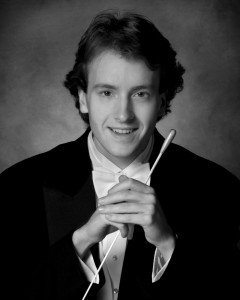This was a very good show, lovely set and costumes, beautiful singing, excellent staging (especially the first act.) Â I’ve seen a number of three act operas lately, and it dawned on me that I would not have the faintest idea of how to go about structuring a 3 act theater piece. Â I’m so totally steeped in the American musical theater tradition of two acts, I just don’t know what you need that third one for.
“Abduction” is a singspiel, and contains some really excellent tunes. Â My only problem with it is that clearly Herr Mozart got a little tired of cute ditties and decided to flex his compositional muscles during the second act. Â Wolfie dear, this is neither the time, nor the place. Â The music is beautiful and all, but the lengthy duets and quartets really take away from the dramatic unfolding of the piece.
Another note on this performance: prior to the show, it was announced that Steven Davidslim had been suffering from a cold but would sing that night anyway, so the audience was asked to be forgiving.  Um, what?  I’m sorry, Mr. Davislim, it just doesn’t work that way.  Either you can sing or you can’t.
This reminds me so much of every musical theater/opera audition I have ever sat through.  Inevitably, people (particularly young people) will come in and mention that they have a cold.  Ugh, JUST GET ON WITH IT!  If you really have a cold, which you don’t, we’ll be able to hear through it.  Auditioners in this situation invariably begin responding to these warnings with: “Oh yes, it seems like there’s something going around”.  Let’s just cut the crap, shall we?
No matter. Â The real star of the night was Matthew Polenzani, a beautiful lyric tenor that filled the entire hall with a rich, full sound. Â Kudos as well to Aleksandra Kurzak and Andre Silvestrelli.

